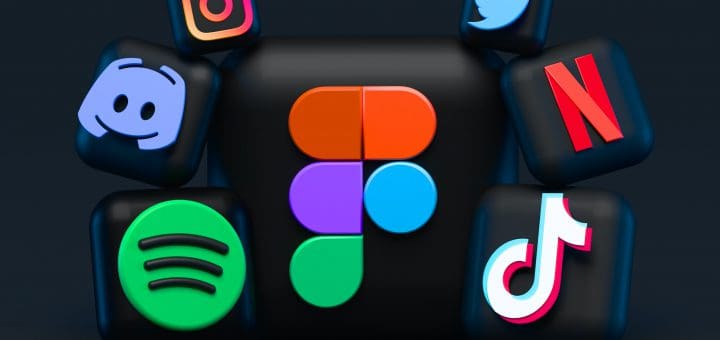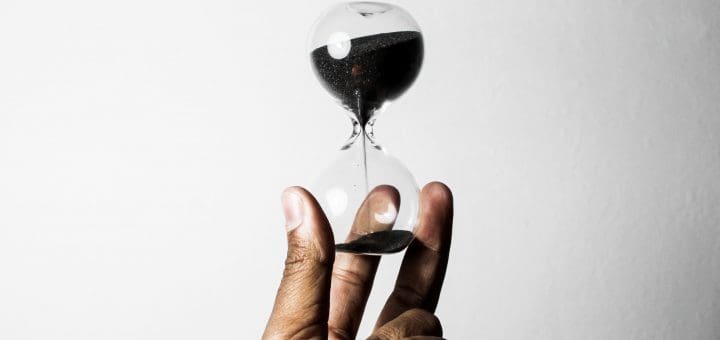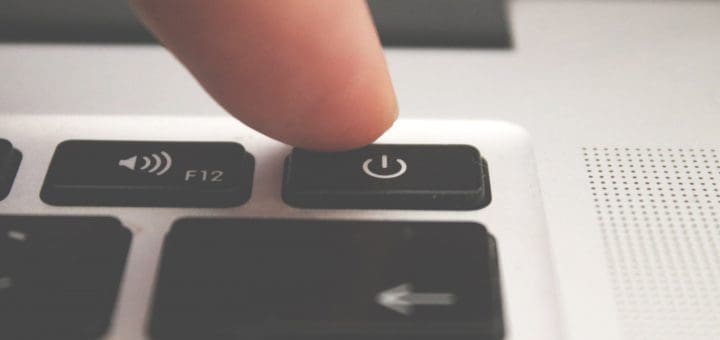Category: Social Media Guide
We use the Internet to learn about, essentially, everything. All it takes is opening up the browser app of your choice or opening up a new tab, googling whatever you’re interested in, and immediately getting hundreds upon thousands upon millions of results. This can be, without a doubt, overwhelming. There’s so much information to parse through and consider, and sometimes, you may find yourself going to social media sites you’re comfortable and familiar with and do the research there.
How many social media accounts do you have? A Pew research study found that about 75% of adults have more than one social media account. This number is likely to be pretty high in teens and adolescents who grew up with technology and social media.
Something I realized as I was staying home more and more during the pandemic was that I was constantly on my phone. My addiction to my phone started before the pandemic when I was still in in-person school. I was away from my family and hanging out with friends felt like a chore. Therefore, I spent every spare minute of my time on my phone and the Internet became a place where I could relax and stop thinking negative thoughts for a moment.
At the beginning of March, I came across a TikTok that expressed that this account was going to do a 31 day journaling challenge with a new prompt everyday for the month. Since I have been wanting to get into journaling myself, I thought this would be a fun way to try it out.
We hear a lot these days about how social media is detrimental to mental health and wellbeing…but is it? Is there a way to actually use social media as what it is supposed to...
The news notifications and throwback posts on your phone have most likely reminded you that today is the first full year since America has entered what we’ve been experiencing as the pandemic. This time last year, the news took a complete 180 and events quickly started shutting down, spring breaks were extended to figure out what to do about classes, and there was just a general confusion as to what was happening as updates and changes seemed to dropping every other minute.
Now is a sensitive time more than ever. Current events are revealing the issues with the systems that have been in place in our society for not just the past few years, but for decades and centuries, and how these issues have been affecting certain groups more than others. The Internet and social media giving platforms to experts and those who have been affected have made it easier for them to educate and tell others why things are so difficult and how drastic the effects are for minority groups. You most likely have seen these kinds of posts on Instagram and twitter presented in colorful graphics with easy and simple to read text and pictures.
Social media has been around for a really long time. You may have forgotten just how many accounts you have and on what kinds of websites you used to go on. Even sites like Club Penguin and random forums technically count as social media, because you interacted with others online. The Facebook account you used to use once upon a time is still there, even if it’s collecting dust, with all the old posts and photos you’ve forgotten that you posted.
Earlier this week, we mentioned the Britney Spears documentary that has sent social media in a frenzy. As we mentioned in our Monday post, many have used the documentary to reflect about how the culture at the time vilified, sexualized, and mocked a celebrity in her late teens and early 20s to the point that it likely contributed to the mental health issues that became the center of her celebrity status.
Obviously, social media is a form of communication. However, compared to our offline lives, where we’re likely not talking to more than a few people at a time, being on social media can feel like yelling out to the whole entire world, where your words can be seen by anyone, everyone, and with many of whom have the ability to respond.








Recent Comments